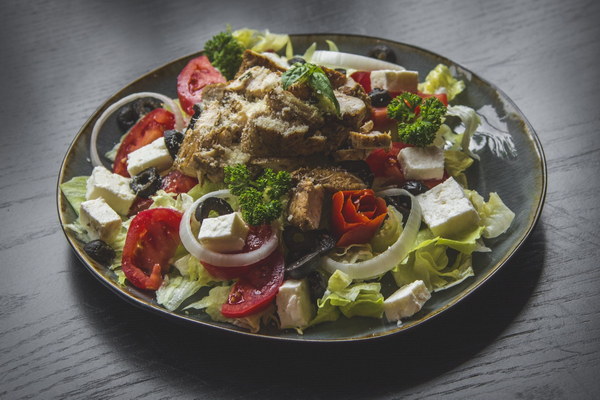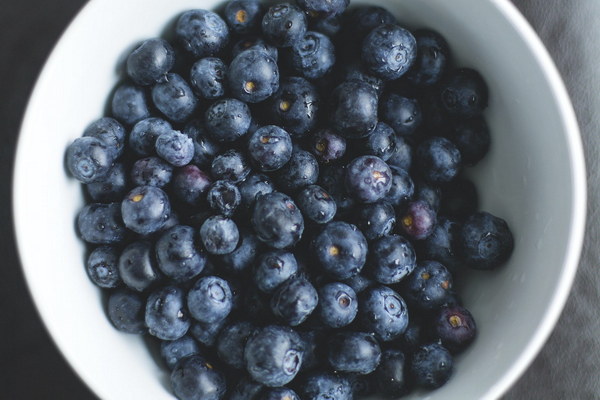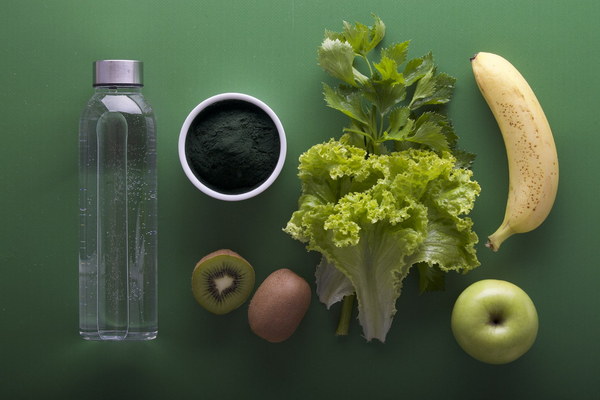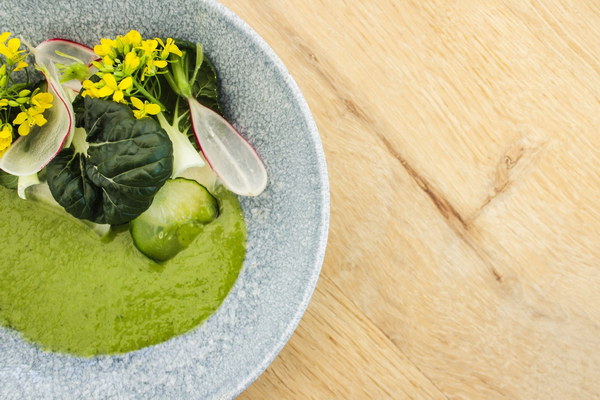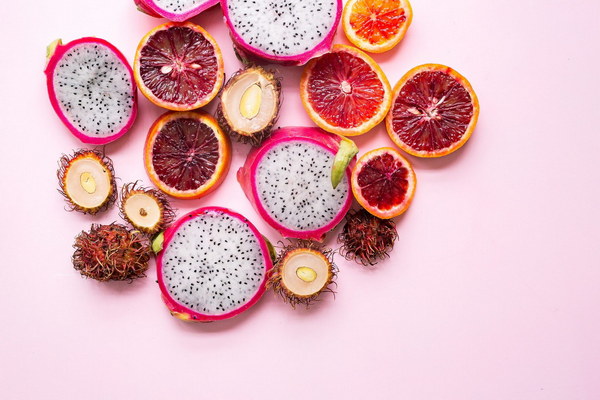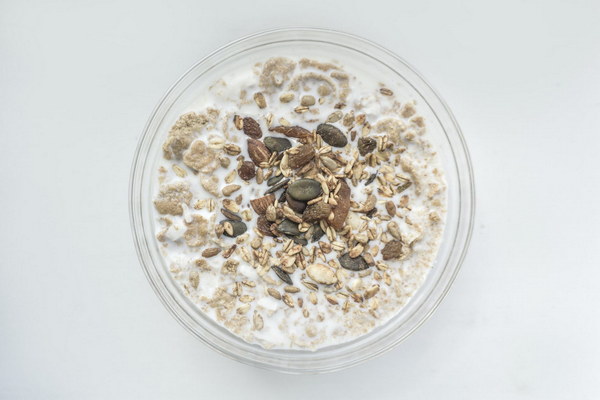Revitalize Your Body with the Ultimate Herbs for the Most Potent Wetness-Expelling Bath
The Ultimate Herbs for the Most Potent Wetness-Expelling Bath
In the quest for holistic wellness, traditional Chinese medicine has long been celebrated for its profound impact on the body and mind. Among its many offerings, a wetness-expelling bath using the most potent herbs can be a transformative experience. This article delves into the world of traditional Chinese herbs, highlighting those that are most effective in creating a soothing and rejuvenating bath that expels dampness and promotes overall health.
Understanding Dampness in Traditional Chinese Medicine
In TCM, dampness is considered an imbalance in the body that can lead to a range of issues, from mild discomfort to more serious conditions. Dampness is often associated with symptoms such as fatigue, bloating, and weight gain, as well as various skin issues and joint pain. The goal of a wetness-expelling bath is to restore balance by eliminating excess dampness.
Herbs That Are the Pillars of a Potent Wetness-Expelling Bath
1. Cinnamon Bark (Cinnamomum cassia)
- Cinnamon bark is renowned for its warming properties, which help to dispel dampness and coldness in the body. It is also believed to enhance blood circulation and improve digestion.
2. Atractylodes (Atractylodes macrocephala)
- Atractylodes is a staple in TCM for its ability to drain dampness and strengthen the spleen. It is often used to alleviate bloating, diarrhea, and fatigue related to dampness.
3. Poria (Poria cocos)
- Poria is a moisture-absorbing herb that is excellent for draining dampness from the body. It is also used to support kidney function and alleviate edema.
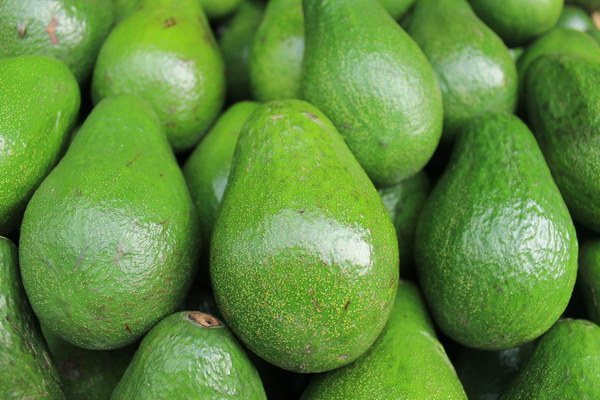
4. Coptis (Coptis chinensis)
- Coptis is known for its cooling properties, making it effective in clearing damp-heat from the body. It is often used in combination with other herbs to address skin issues and inflammation.
5. Cassia seed (Cassia obtusifolia)
- Cassia seed is a diuretic that helps to expel dampness through urination. It is also believed to aid in digestion and relieve constipation.
6. Cinnamon twig (Cinnamomum cassia)
- Similar to cinnamon bark, cinnamon twig has warming properties and is used to dispel dampness and coldness, particularly in the lower back and abdomen.
Creating Your Wetness-Expelling Bath
To prepare a wetness-expelling bath, gather the following ingredients:
- 1 tablespoon of cinnamon bark
- 1 tablespoon of atractylodes
- 1/2 cup of poria
- 1 tablespoon of coptis
- 1 tablespoon of cassia seed
- 1 cinnamon twig
1. Boil 4-5 quarts of water in a pot, then add the cinnamon bark, atractylodes, poria, coptis, cassia seed, and cinnamon twig.
2. Simmer the mixture for about 20 minutes, then strain out the herbs.
3. Pour the herbal infusion into a warm bath and soak for at least 20 minutes.
The Benefits of a Wetness-Expelling Bath
A wetness-expelling bath offers a multitude of benefits, including:
- Improved circulation: The warming properties of the herbs can enhance blood flow, leading to reduced fatigue and improved energy levels.
- Enhanced digestion: Herbs like cinnamon and atractylodes can help to stimulate digestion and alleviate bloating.
- Detoxification: The absorption of the herbal properties through the skin can aid in the elimination of toxins and excess dampness.
- Relief from joint pain: For those suffering from joint pain associated with dampness, a wetness-expelling bath can provide soothing relief.
Incorporating a wetness-expelling bath into your wellness routine can be a delightful and effective way to address dampness and support overall health. Embrace the ancient wisdom of traditional Chinese medicine and experience the rejuvenating benefits of these potent herbs.

